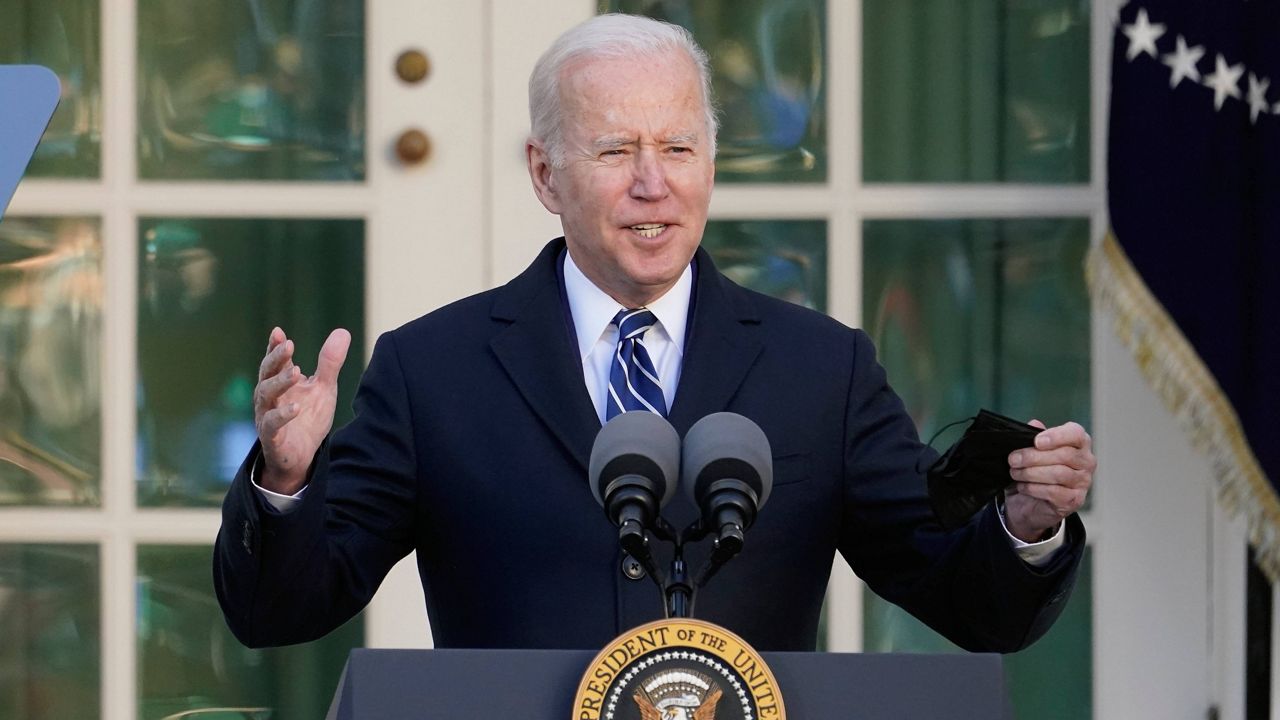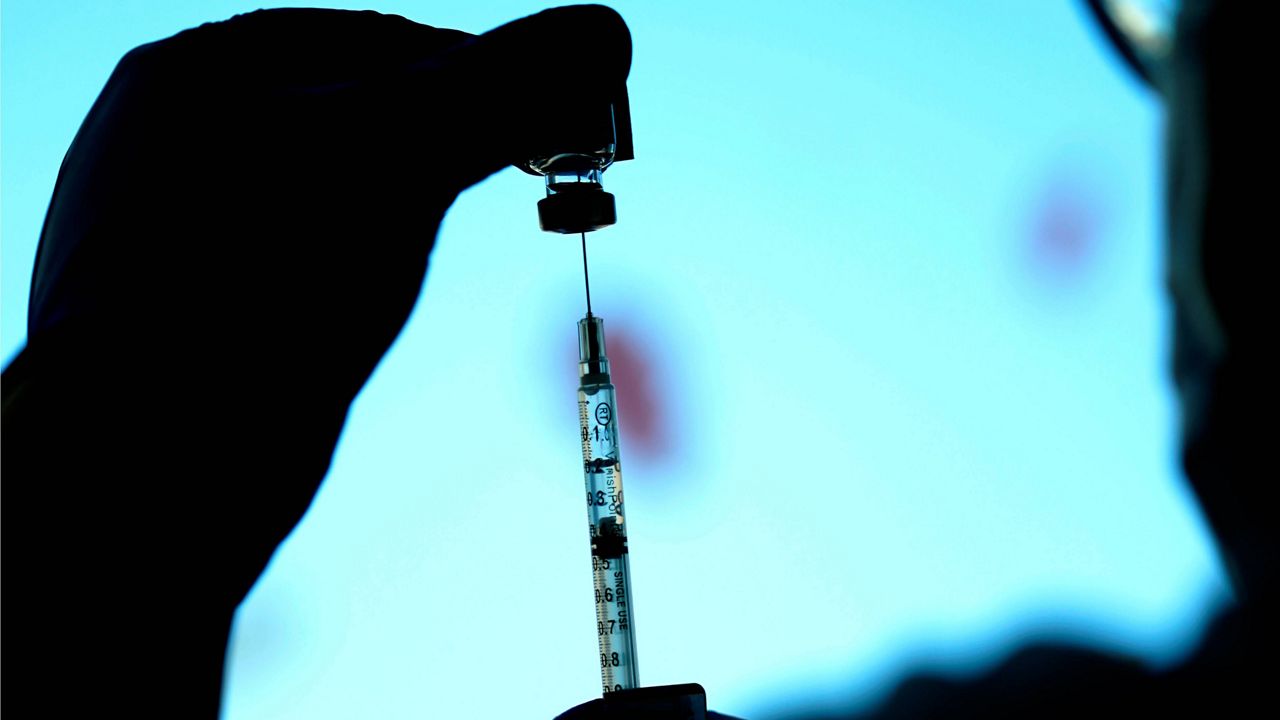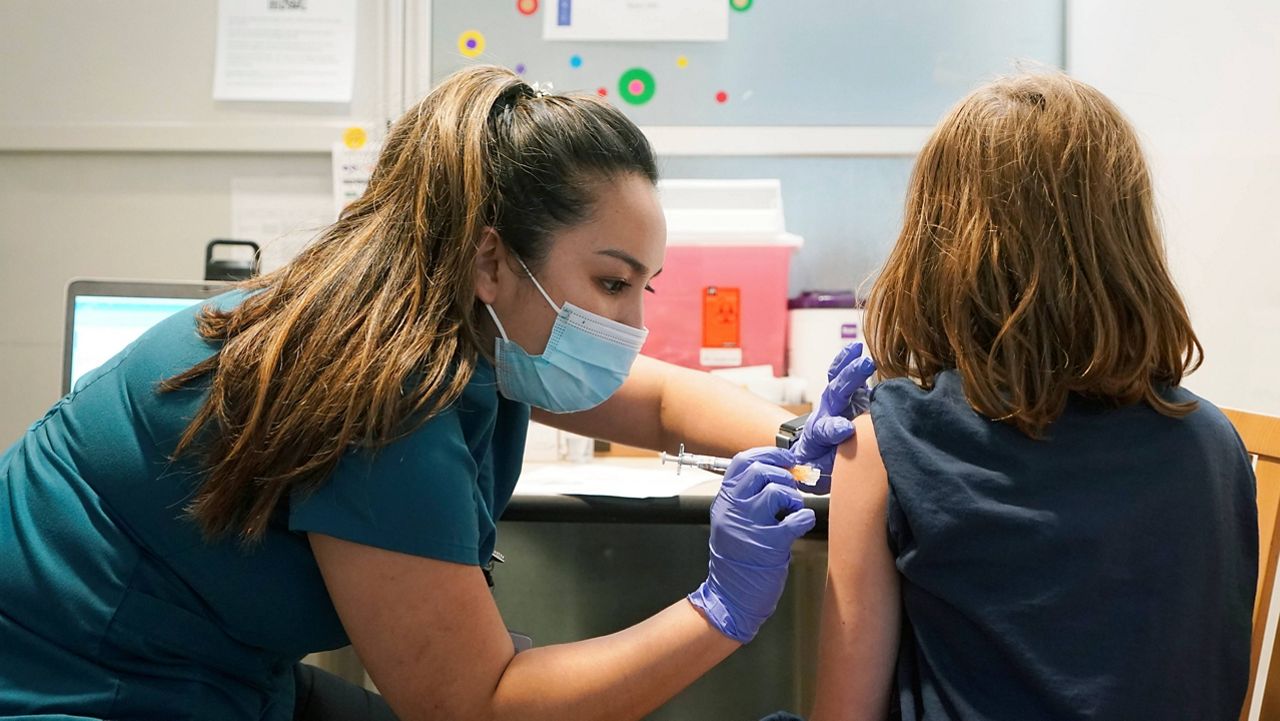The whopping death toll during the COVID-19 pandemic is the result of “a massive global failure at multiple levels,” a report by The Lancet COVID-19 Commission says.
What You Need To Know
- The whopping death toll during the COVID-19 pandemic is the result of “a massive global failure at multiple levels,” a report by The Lancet COVID-19 Commission says
- The commission pointed the finger at the World Health Organization, governments and even members of the public
- The many pandemic failures, according to the report, include the lack of timely notification about the initial outbreak, delays in acknowledging the virus was airborne and implementing measures that could have slowed its spread, the lack of coordination among countries
- A 2019 WHO assessment indicated the Americas and Europe would be best prepared for a pandemic, but those regions have the highest per-capita mortality rates — more than 4,000 deaths per million people, The Lancet study noted
The commission pointed the finger at the World Health Organization, governments and even members of the public.
“Too many governments have failed to adhere to basic norms of institutional rationality and transparency, too many people—often influenced by misinformation—have disrespected and protested against basic public health precautions, and the world's major powers have failed to collaborate to control the pandemic,” the 57-page report, published Wednesday, says.
The commission launched in July 2020 to develop recommendations on how to best suppress the pandemic, address humanitarian crises related to the outbreak, address the financial and economic fallout, and rebuild an “inclusive, fair, and sustainable world.”
The panel has 28 members who are global experts in public policy, international cooperation, epidemiology and vaccinology, economics and financial systems, sustainability sciences and mental health. They oversaw 12 task forces. The report is addressed to United Nations member nations, U.N. agencies, the G-20, the G-7 and others.
The many pandemic failures, according to the report, include the lack of timely notification about the initial outbreak, delays in acknowledging the virus was airborne and implementing measures that could have slowed its spread, the lack of coordination among countries and the shortfall of global funding to help low- and middle-income countries deal with the virus.
The commissioners also criticized the failure to ensure there was enough protective gear, tests, treatments and vaccines; a lack of timely reporting on cases, deaths, variants and more; and a failure to combat disinformation.
There have been about 7.3 million reported COVID-19 deaths during the pandemic, including 1.05 million in the U.S. But the University of Washington’s Institute for Health Metrics and Evaluation estimates the true death toll is much higher — around 17.5 million.
A 2019 WHO assessment indicated the Americas and Europe would be best prepared for a pandemic, but those regions have the highest per-capita mortality rates — more than 4,000 deaths per million people, The Lancet study noted. Meanwhile, the Western Pacific region, which includes Asia and Oceania, had the lowest rates, about 300 per million.
“The 2019 assessment failed to predict the poor quality of the public policy response to the pandemic in the European region and the region of the Americas, and the much higher quality of response in the Western Pacific region,” the report said.
The report says response to the pandemic “was seriously hindered by substantial public opposition to routine public health and social measures, such as the wearing of properly fitting face masks and getting vaccinated.” That opposition stemmed, in part, from low confidence in government advice, low health literacy and disinformation campaigns, the commission said.
Meanwhile, in many cases, public policies were not driven by updated evidence, according to the report.
The commissioners also blasted the World Health Organization for acting “too cautiously and too slowly on several important matters,” including warning about the human transmissibility of the virus, declaring a public health emergency, supporting international travel restrictions and endorsing the public use of face masks.
The report lists a series of recommendations. They include bolstering the role the WHO plays in preventing and responding to pandemics, creating a new WHO Global Health Board comprised of heads of state in the organization’s six designated regions, substantially increased the WHO’s budget and strengthening public health systems globally.
In a statement, the WHO said it largely welcomes the recommendations but took exception to the criticism about its pandemic response. The agency said there were “several key omissions and misinterpretations in the report” and that it does not “convey the full arc of WHO’s immediate, multi-year, life-saving response.”
The commission said the key to ending the current pandemic, and the economic ramifications, is a “vaccination-plus strategy,” combining vaccines with the development and distribution of COVID-19 treatments.
The panel also called for stricter regulations to prevent pandemics caused from natural spillovers and research-related activities. It also said the origin of the COVID-19 pandemic must be fully investigated.
“In the absence of an unbiased, independent, and rigorous search for a natural origin by a multidisciplinary team of experts alongside an unbiased, independent, and rigorous investigation of the research-related hypotheses, the public's trust in science will be imperiled, with potentially grave long-term repercussions,” the report says.
The leading theories for the virus’ origin is that it either it was passed from an animal to a human, possibly in a live-market animal in Wuhan, China, or that it leaked from a Wuhan lab where viruses are studied.
The World Health Organization has concluded that a lab origin for COVID-19 is “extremely unlikely,” although that investigation has been criticized, including by the U.S. government, for lacking transparency. The U.S. intelligence community has been unable to reach a consensus.
In July, the journal Science published a study that found the emergence of the virus “occurred via the live wildlife trade in China” and that “the Huanan market was the epicenter of the COVID-19 pandemic.”
The Lancet commission said it did find some “bright spots” in its review, namely the public-private partnerships behind the rapid development of vaccines.
Ryan Chatelain - Digital Media Producer
Ryan Chatelain is a national news digital content producer for Spectrum News and is based in New York City. He has previously covered both news and sports for WFAN Sports Radio, CBS New York, Newsday, amNewYork and The Courier in his home state of Louisiana.








